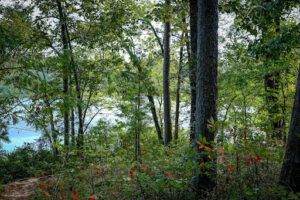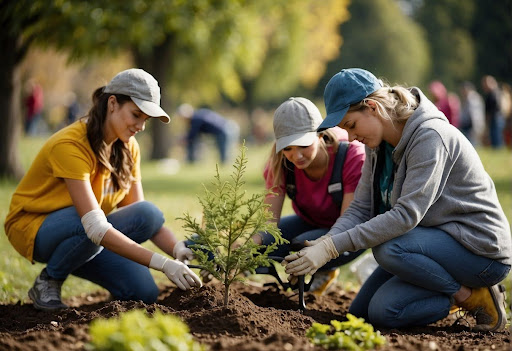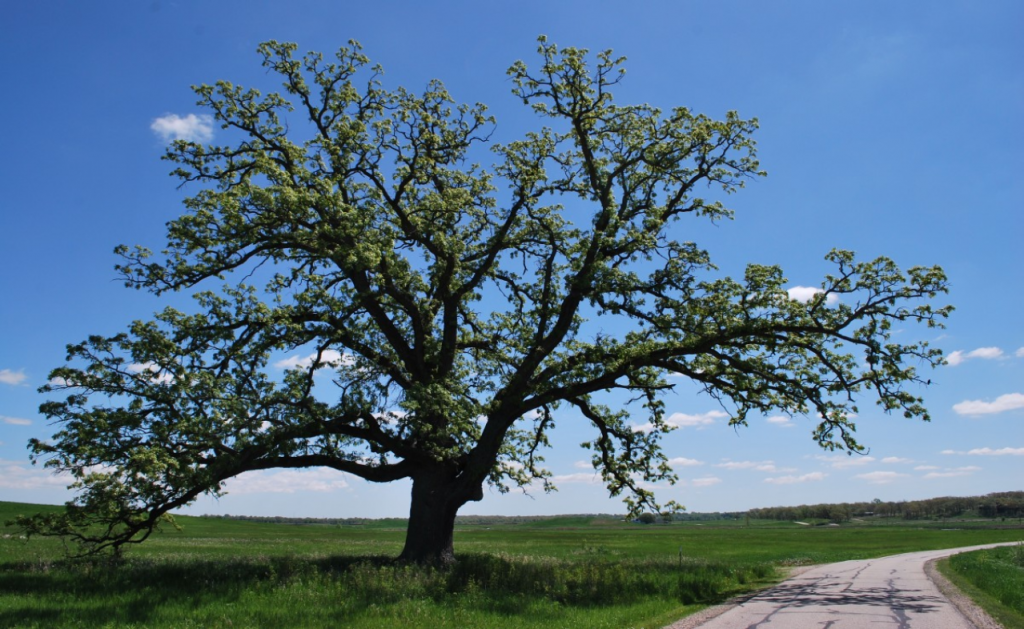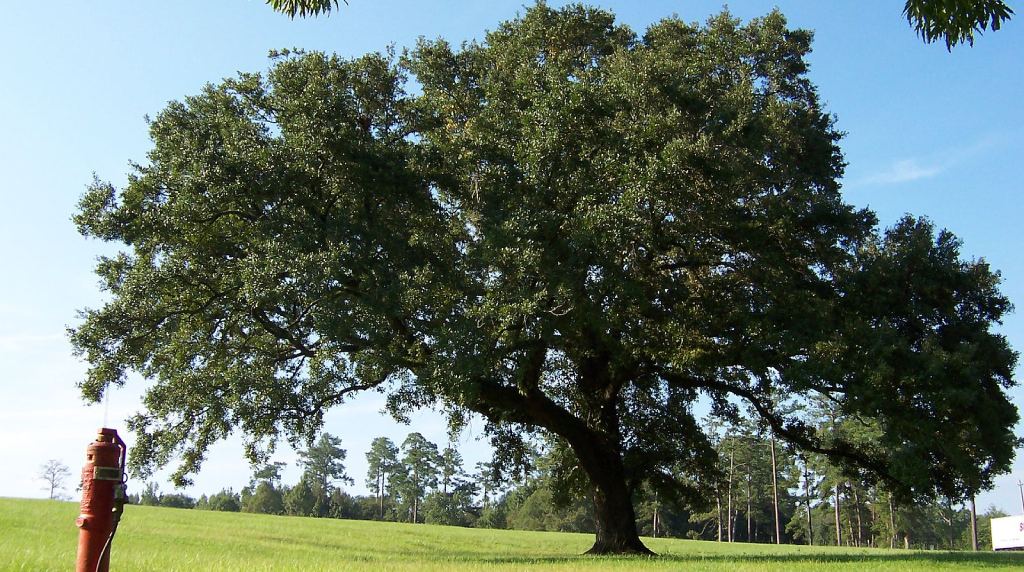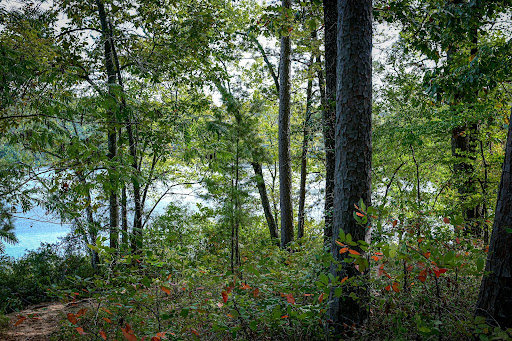
Date June 21, 2024
Regular tree health monitoring is essential for maintaining urban and suburban landscapes. This is particularly true in cities like Dallas, where environmental stress can affect the vitality and longevity of plants. Employing various monitoring techniques leads to a comprehensive understanding of tree health and enables quick action to mitigate diseases, pest infestations, and other issues. This article explores the importance of regular tree health monitoring in Dallas and the innovative strategies that make effective management possible today.
Benefits of Regular Tree Health Monitoring
Image by Bryan Dickerson is licensed with Unsplash License
Conducting routine tree health assessments provides numerous benefits, including:
- Increased safety: These assessments help prevent property damage and injuries by identifying potential hazards, such as unstable branches or weakened trees.
- Increased life span: Regular monitoring can help detect diseases, pest infestations, and environmental stressors, allowing early intervention to prolong the tree’s life.
- Enhanced aesthetics: Healthy, well-maintained trees improve a property’s visual appeal, which can increase real estate values.
- Improved environment: Trees improve air quality by filtering pollutants, providing oxygen, and contributing to urban cooling, which is increasingly important in mitigating heat island effects.
- Reduced costs: Early detection of health issues minimizes the need for more drastic and expensive measures, such as tree removal.
- Improved soil health: Because tree roots share space and resources with other vegetation, maintaining tree health supports soil quality and surrounding plants.
Techniques To Monitor Tree Health
Maintaining tree health in Dallas often requires collaboration between certified arborists and property owners. Common techniques for monitoring trees include:
- Field inspections: Arborists and forest managers conduct on-the-ground assessments to examine trees closely. This method includes a detailed evaluation of each tree’s condition to identify bark anomalies, leaf discoloration, and pest activity.
- Aerial surveys: Drones equipped with standard and infrared cameras offer a broader view of large tree populations. Aerial surveys can detect changes in canopy health and are helpful in mapping large forested areas.
- Remote sensing: Satellite imagery and other remote sensing tools provide large-scale data on forest health, covering extensive areas that are not easily accessible. This technology is advancing, offering vital information on tree growth patterns and stress indicators, including moisture levels.
- IoT sensors: Wireless sensor networks gather environmental data, including temperature, humidity, and soil conditions around trees. They operate with minimal maintenance and send real-time updates.
These tree health monitoring techniques are diverse and can be adapted to different scales and environments throughout the Dallas region, including urban parks and forests.
Effective Tree Health Monitoring in Dallas, Texas
When it comes to ensuring the health of your trees, you can rely on our team of ISA-certified arborists. At TreeNewal, we provide comprehensive tree survey services tailored to your needs. Whether you’re about to begin a new construction project and want to ensure compliance with city tree ordinances or simply looking to preserve the green spaces in your community, we have the expertise and experience to assist you at every stage. Contact us today to schedule a consultation and discover how our tree survey services can help you.
